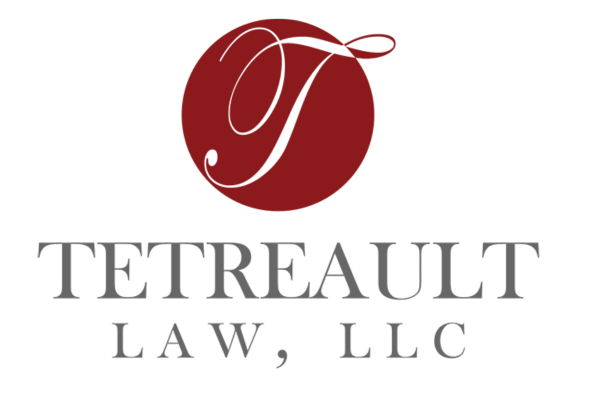It is prudent to seek legal counsel when it comes to preparing and executing a will and understanding the intricacies of estate planning in Georgia.
If you own assets of any kind – no matter how small they may seem – you need an estate plan. A will is a great place to start, but it’s only the beginning. Speak with a trusted estate planning lawyer to ensure that your family and your assets are protected and your wishes are carried out upon your death.
A comprehensive estate plan includes four estate planning documents. These documents include:
- A will;
- A living trust;
- An advance directive for health care; and,
- A financial power of attorney.
Wills
A will is a formal, enforceable document that may help protect your family and your property upon your death. In the absence of a will (intestate), the state’s succession laws will apply but often not provide the best outcome.
A valid, enforceable will helps ease the burden on loved ones dealing with legal issues concerning the estate. When minor children are involved, a will may also dictate who the children’s legally appointed guardian will be (e.g., who will care for the children). A will also specifies a personal representative (known as an executor), who will administer the estate and attend to financial matters.
A will must be executed appropriately and comply with certain legal formalities to be enforced in Georgia.
To make a legal will in Georgia, you must:
- Be 14 years of age or older.
- Have the mental capacity to make decisions.
- Be free of duress or pressure to make a will against your wishes.
Georgia law requires that a valid will be in writing and that it be and signed by you (the testator), or a representative if you are unable to sign, and two non-beneficiary witnesses.
It’s recommended that you update your will after every major life event—such as marriage, divorce, or the birth of/adoption of a child—to ensure that your wishes are accurately represented.
Not everything you own can be included in your will. Assets that are tied to life insurance, trusts, or business contracts cannot be willed to other beneficiaries.
Living Trusts
While not an adequate replacement for a will, a living trust is another method you can use to ensure that certain assets will be inherited by specified beneficiaries upon your death. You can avoid Georgia’s lengthy and expensive probate process by placing assets into a living trust.
To create a trust, you need to name a trustee and transfer ownership of your assets to them. You can name yourself as the trustee of your estate if you wish.
The trustee manages your assets during your lifetime. Upon your death, the assets are directly transferred to your beneficiaries without going through probate. While you cannot avoid paying federal estate taxes, more complex trusts may be able to reduce the tax burden.
Advance Directives for Health Care
An advance directive for health care allows you to make end-of-life decisions formerly set out in a living will. It offers a means of making your health care wishes known if you are incapable of communicating them (e.g. do-not-resuscitate (DNR)).
You may also assign an agent (durable power of attorney) to carry out your wishes and a guardian should you ever require one.
Your durable power of attorney can be anyone you choose except for your health care provider or physician. These agents are required to make decisions within the scope of your declared wishes only or within your best interests if your wishes aren’t clear for certain decisions.
According to OCGA § 10-6B-5, a Georgia durable power of attorney needs to be provided in writing, signed by the executor, in the presence of one (1) witness and a notary public.
Financial Power of Attorney (Attorney-in-Fact)
A financial power of attorney allows you to name an agent (attorney-in-fact) to manage your financial affairs, either immediately as a matter of convenience or in the event of your incapacity.
Speak to an Experienced Estate Planning Attorney Today
A qualified estate planning lawyer can address your particular legal needs, explain the law, and represent you in court, if necessary. Take the first step now and contact a local estate planning attorney to discuss your specific legal situation.


Recent Comments